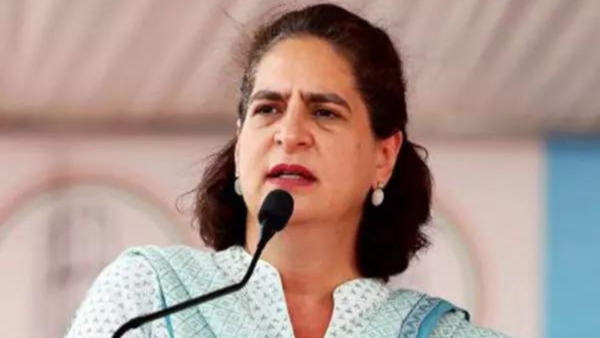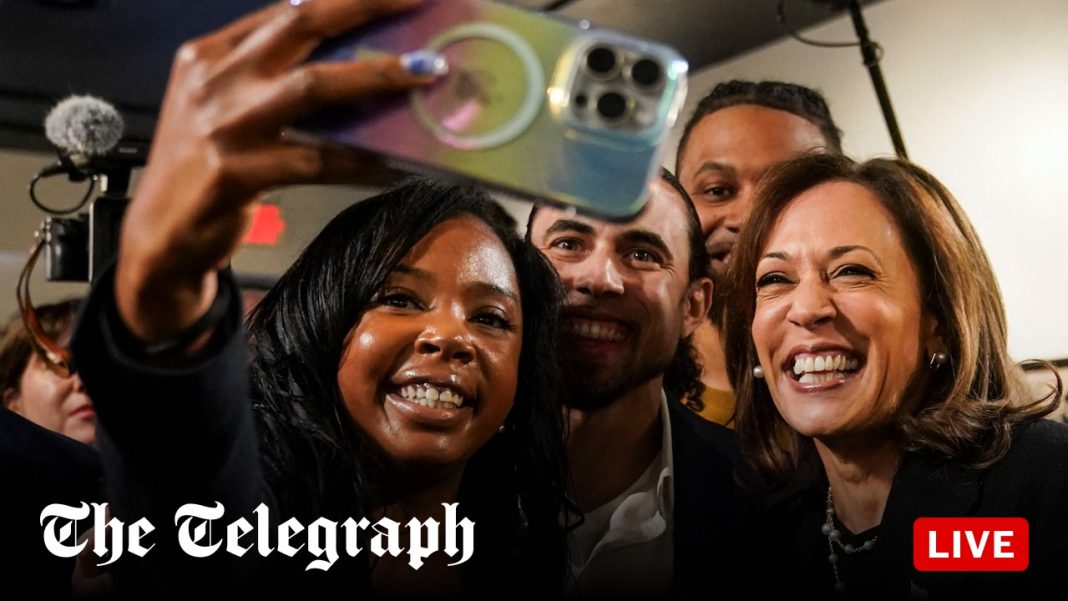Harris Faces Uphill Battle for Key Voter Demographics in Michigan
As Vice President Kamala Harris kicks off her campaign appearances in Michigan, she’s stepping into a political landscape that’s anything but certain. With the state being a crucial battleground in the upcoming election, Harris is keenly aware that she needs to secure support from key voter demographics that traditionally lean Democratic. However, recent analysis suggests that these groups may not be as solidly in her corner as she hopes.
The Arab-American Vote: A Crucial Concern
One of the demographics Harris is focusing on is the Arab-American community, which makes up about 3% of Michigan’s electorate. This group has historically leaned Democratic, but recent tensions in the Middle East have left many feeling disillusioned. According to our correspondent Mark Stone, many Arab-Americans are expressing concerns about the Biden administration’s foreign policy and are voicing their dissatisfaction with Harris’s handling of these issues. “They’re very worried about the Middle East and many of them are saying they will not vote for her,” Stone reports. This sentiment could pose a significant challenge for Harris as she seeks to rally support in a state that has a vibrant Arab-American population.
White Working-Class Union Members: A Shifting Tide
Another critical demographic is the white working-class union members, who played a pivotal role in Biden’s narrow victory in 2020. Stone points out that these voters are feeling increasingly disenchanted with the Democratic Party. “They allowed Biden to carry the state by that small margin four years ago, but now they too are fed up with the Democrats,” he explains. This discontent could be a double-edged sword for Harris, as she tries to connect with a group that feels overlooked and undervalued in the current political climate.
The Black Vote: A Growing Concern
Perhaps the most alarming trend for Harris is the slipping support among Black voters, particularly young Black men. Stone notes that a “growing number” of these voters are considering casting their ballots for Donald Trump instead. “They are worried about their back pocket,” he says, emphasizing that economic concerns are taking precedence over traditional party loyalty. In cities like Detroit, where economic struggles are palpable, many young Black men are questioning whether the Democratic Party can deliver the change they seek. “If Trump is racist, they say, ‘so what? Maybe he’s not perfect, but he’s talking about the economy,’” Stone adds. This shift in sentiment could be a wake-up call for Harris as she navigates her campaign strategy.
A State of Uncertainty
As Harris embarks on her Michigan tour, the stakes are high. The state, which Biden won by a mere three points in 2020, is a microcosm of the broader national landscape, where voter loyalty is increasingly fluid. With key demographics feeling uncertain about their support, Harris faces an uphill battle to reassure these voters that she and the Democratic Party are still their best option.
In a state that has historically been a Democratic stronghold, the upcoming election could hinge on whether Harris can effectively address the concerns of these vital voter groups. As she engages with constituents this week, the question remains: can she win back the trust of voters who feel abandoned, or will Michigan’s political landscape continue to shift beneath her feet? Only time will tell, but one thing is clear: the road ahead is fraught with challenges.



